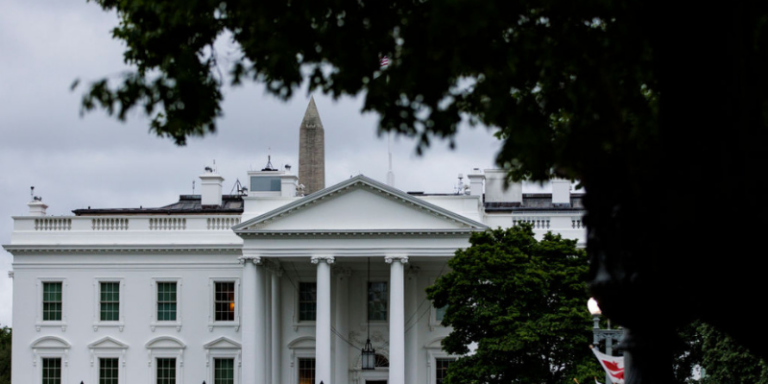The 20th Amendment: Taking a Little More Power From the Lame Ducks
With a shortened lame duck period, fewer changes can be made by politicians who don’t have voters to answer to.
By: Kelli Ballard | September 17, 2020 | 356 Words

The White House (Photo by Samuel CorumGetty Images)
The 20th Amendment to the U.S. Constitution might seem like no big deal, as it just changes the date that the new president and Congress take office. But if the dates had always been as they are now, American history might have gone very differently. Today, presidents take office on January 20 instead of March 4. So why is that important? Since the presidential elections are held in November, that means there are several months, referred to as “lame-duck,” where there is a lull between the president and politicians leaving office and the newly elected take over. These lame ducks can change the nation – and they don’t have the American voter to answer to anymore.
So why was it four months to begin with? That amount of time was needed back when George Washington and Abraham Lincoln were presidents. Unlike today, they didn’t have vehicles and airplanes to assist them and needed the time to travel by horse and buggy.
Some presidents have been able to take advantage of this time. John Adams, for example, held his “midnight appointments” to try and fill as many judgeships as he could before his term ended and Thomas Jefferson took his place. However, his efforts failed when James Madison, who was serving as Jefferson’s Secretary of State, did not deliver the commission for several of the appointments.
The 2020 presidential election is coming, and Congress is trying to figure out how to balance the budget. The Republicans are pushing for a stopgap bill that would provide government funding throughout the rest of the year. The Democrats are wondering if it wouldn’t be better to wait so that if they get more control after the elections then they would be able to pass more items on their agenda. If that happens though, the lame ducks won’t be involved. And if the Democrats don’t win more power in the 2020 election, they will have even less say in what happens. It would also mean there would be a government shutdown in October, since Congress has until September 30 to make a decision and pass appropriate bills.
















